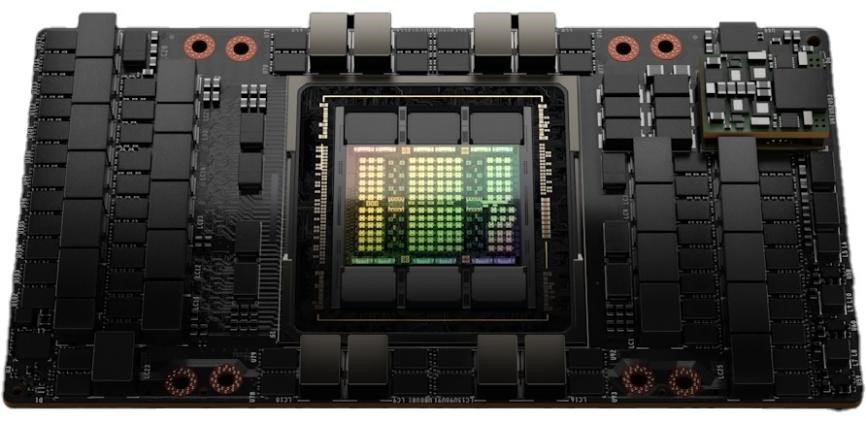Recently, Nvidia announced a full shift to open-source GPU core modules, a decision that not only marks a major shift in its technical roadmap, but also indicates that the open-source ecosystem will usher in new opportunities and challenges. China Exportsemi Web will try to analyze the impact of this decision on the global GPU market and developer community.
NVIDIA's open source manifesto
On July 17, 2024, Nvidia issued a press release announcing that it will fully switch to open-source GPU core modules. This decision means that NVIDIA will offer more robust and comprehensive support for GeForce and Workstation Linux in the future, with plans to eventually replace closed-source drivers entirely. NVIDIA released an announcement in May 2022, announcing the release of open-source GPU kernel modules under the GPL/MIT dual license model, starting with the R515 driver.

Pictured: Nvidia announces a full shift to open-source GPU core modules
Advantages of open-source GPU core modules
The release of the open-source GPU kernel module brings many advantages to developers and enterprises. First, developers can trace the code path and see how kernel event scheduling interacts with their workloads for faster root cause debugging. In addition, enterprise software developers can now seamlessly integrate drivers into custom Linux kernels configured for their projects. Nvidia said that after more than two years of development, the open-source GPU core module has achieved equal or better performance and added a large number of new features, such as support for heterogeneous memory management (HMM), confidential computing, and a consistent memory architecture for the Grace platform.
Compatibility with supported GPUs
Not all GPUs are compatible with open-source GPU kernel modules. Nvidia makes it clear that on cutting-edge platforms such as Grace Hopper or Blackwell, users must use open-source GPU kernel modules, as these platforms do not support proprietary drivers. For newer GPUs with Turing, Ampere, Ada Lovelace, or Hopper architectures, NVIDIA recommends using open-source GPU core modules instead. However, for older versions of GPUs with Maxwell, Pascal, or Volta architectures, it is recommended that users continue to use NVIDIA's proprietary drivers due to their incompatibility with open-source GPU kernel module platforms.
Installation & Deployment
When it comes to installation and deployment, NVIDIA provides detailed guidance and tools. The R515 release contains a closed-source driver and a pre-compiled version of the open-source kernel module, which the user can select at the time of installation. In addition, Nvidia has provided a new detection assistance script to help guide users in selecting the appropriate driver. For users who use the package manager to install the CUDA toolkit, NVIDIA recommends using the top-of-the-line CUDA package, which will install a combination of the CUDA toolkit and the associated driver version.
Ecosystem & Partners
NVIDIA has been working with Linux publishers such as Canonical, Red Hat, and SUSE to provide a better packaging, deployment, and support model. Cin·dy Goldberg, Canonical's vice president of the Silicon Alliance, said the new NVIDIA open-source GPU kernel module will simplify installation and improve security for Ubuntu users. Markus Noga, general manager of business-critical Linux at SUSE, also expressed excitement about NVIDIA's open-source release of the GPU kernel-mode driver, which he sees as a real milestone for the open source community and accelerated computing.
Epilogue
NVIDIA's decision to fully switch to open-source GPU kernel modules is not only a significant contribution to the open-source ecosystem, but also a far-reaching impact on the global GPU market and developer community. By providing more powerful and comprehensive drivers, NVIDIA not only improves the competitiveness of its products, but also brings more flexibility and innovation opportunities for developers and enterprises. In the future, with the continuous improvement and popularization of open-source GPU core modules, we have reason to believe that this will bring new vitality and opportunities to the entire GPU market.






